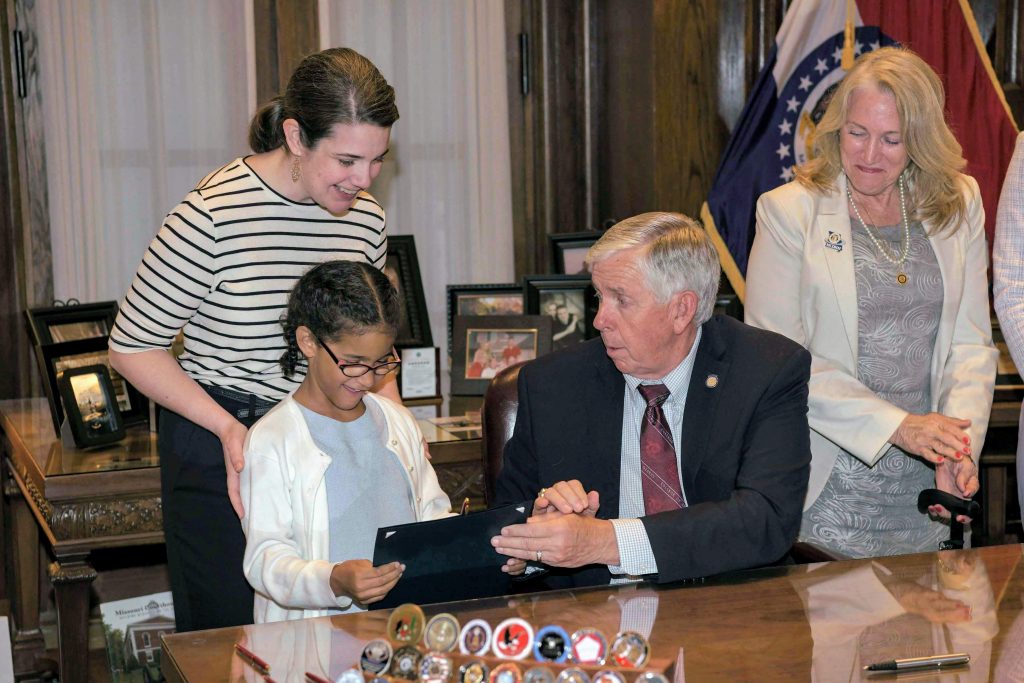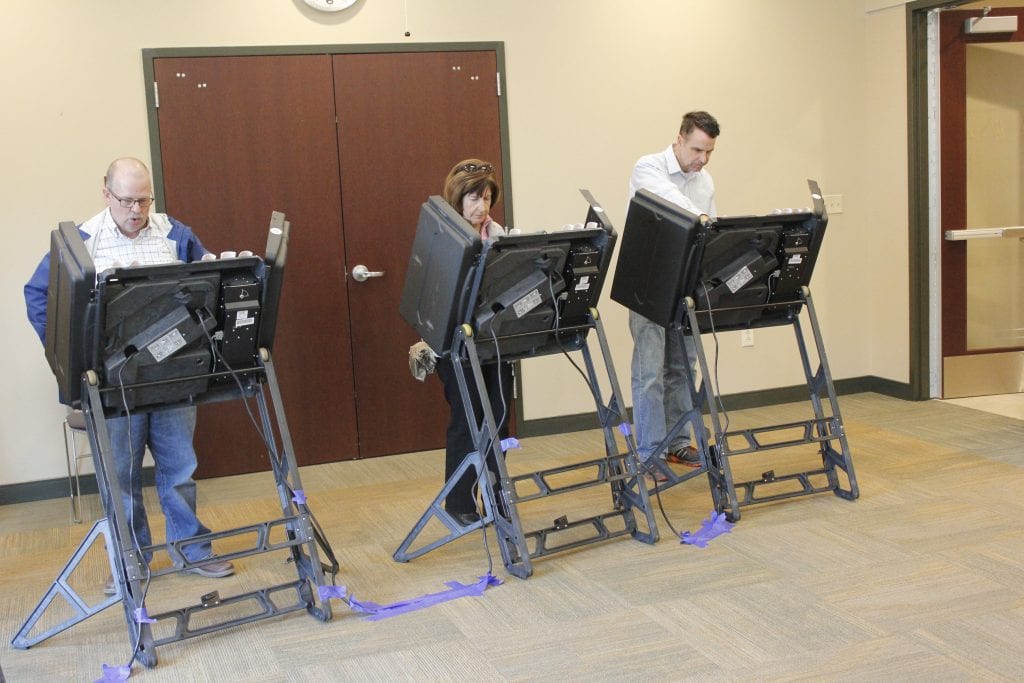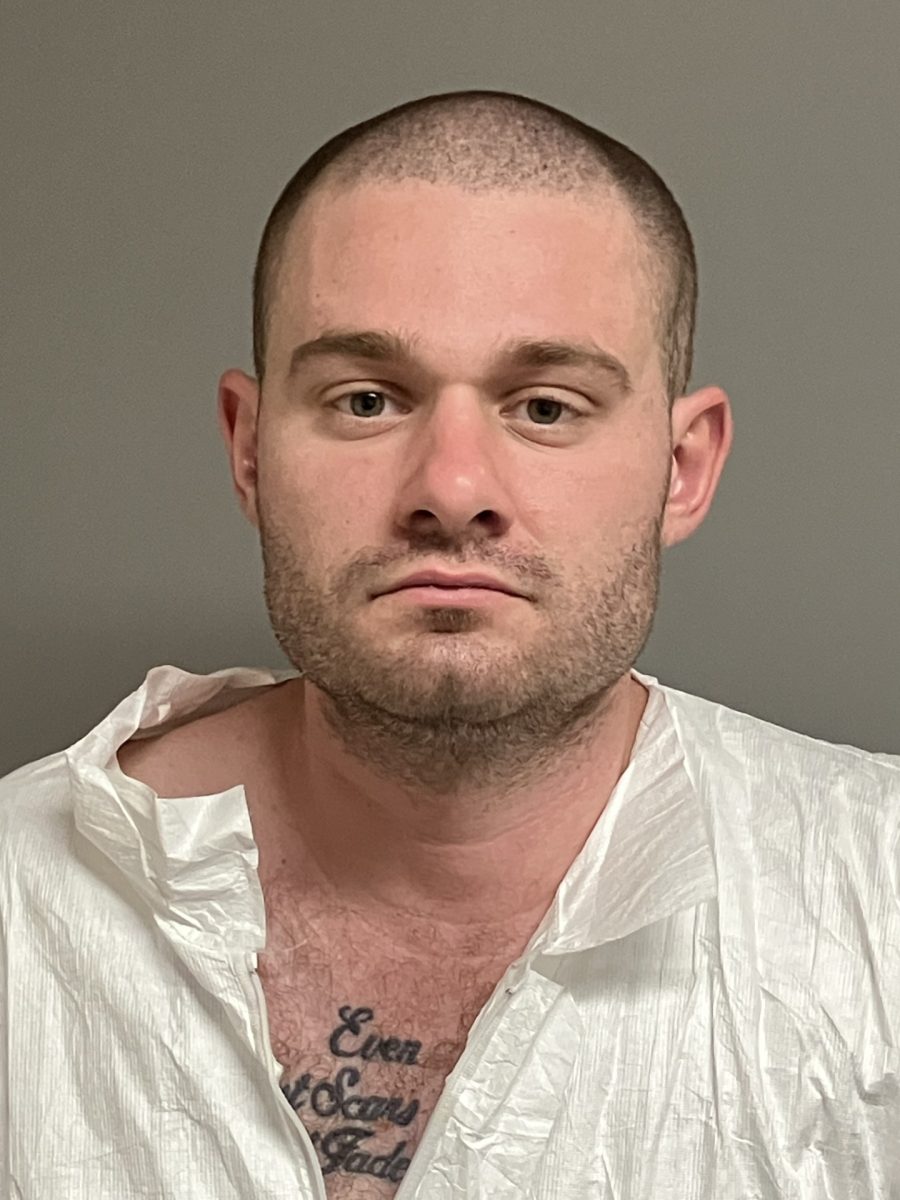Reporting contributed by Yue Yu of the Missouri News Network
State Rep. Mary Elizabeth Coleman’s efforts to protect protect Missouri sex trafficking victims who are minors took a step forward this week when Gov. Mike Parson signed House Bill 397 into law.
Sponsored by Coleman, the bill will protect underage victims of sex trafficking and implement a host of other provisions meant to ensure the health and well-being of children in all parts of the state.
Under the safe harbor law sponsored by Coleman, R-Arnold, those who were under the age of 18 when convicted of prostitution could apply to a court for a clean slate. Also, those who are charged with prostitution would only have to prove they are under the age of 18 for the court to consider removing penalties.
Under the current law, defendants have to prove they were coerced into prostitution.
“With Governor Parson’s signing of HB 397, we are bringing Missouri in line with federal law, giving additional tools to law enforcement to crack down on those who are selling and buying our children, and taking another step to ensure justice for victims of sex trafficking,” said Coleman.
Coleman, who represents the 97th District that includes part of South County, said she felt obliged to introduce this bill after a constituent brought the issue to her attention.
“The average age that a girl enters into prostitution is age 14,” Coleman said. “Her life expectancy is seven years after entering into prostitution.”
Over the course of the 2019 legislative session, Coleman’s bill grew in scope to become a comprehensive child protection measure. The bill also includes:
• Hailey’s Law, which is meant to better protect children by improving the state’s Amber Alert system.
• Simon’s Law, which prevents do-not-resuscitate orders from being issued for Missouri children without parental approval.
• Nathan’s Law, which makes unlicensed daycare facilities safer for Missouri children.
• Improvements to the state’s child fatality review panels, which will help save the lives of young people by allowing the panels to share vital information.
• Important changes to the state’s foster care system ensuring children have access to health care.
With the governor’s signature, the bill is now set to become law on August 28.
Coleman said addictions and abuse go hand in hand. “There’s often forced opioid use,” she said, “so by the time she’s arrested, it’s difficult to untangle and prove force or coercion, because she might be paying off fines and … her drug use.”
The bill would also include some offenses related to sex trafficking and child abuse under the definition of “pattern of criminal street gang activity.” This would hold those offenses up to the same level as murder, robbery and arson when a group of people commit the crimes two or more times within three years, which would result in increased penalties on top of regular sentences.
Rep. Peter Merideth, D-St. Louis, expressed support for the bill during committee hearings in January but said other types of child abuse shouldn’t be held to the same standard of sex trafficking and suggested narrow tailoring.
“My preference would be to take out the enhanced penalties completely,” Merideth said, “and make this bill just be about what it should be about, which is making sure we are not treating minors as criminals when they are engaged in prostitution.”
Coleman said at the time she doesn’t share Merideth’s concerns but would take another look at the bill’s language.
Coleman also wants to add an amendment to current Missouri law that would include minors charged with prostitution under the legal definition of “victim,” which would give them access to mandated resources.
The bill drew support from groups like the St. Louis branch of the National Council of Jewish Women, Missouri Coalition Against Domestic and Sexual Violence as well as the Missouri Office of Child Advocate.
Jessica Seitz, public-policy director of Missouri KidsFirst, said she is pleased to see many improvements made in the past years and that this bill would add to the efforts.
“Right now, not a lot of our laws treat victims as victims,” Seitz said. The current law “is essentially a loophole where a young person can be charged with prostitution when they are victim of trafficking, and this can be even more traumatic.”
Preventing human trafficking and sex trafficking has been a cause championed by several women who have represented South County, including U.S. Rep. Ann Wagner, R-Ballwin, and the late Rep. Cloria Brown, R-Lemay.
Freshman legislator Coleman said in a news release after Parson signed her bill, “I’d like to thank Congresswoman Ann Wagner for her leadership on this issue. She has worked tirelessly to continue to strengthen laws on behalf of human trafficking victims to end this terrible epidemic.”
Marisa Pisterzi contributed to the report.
Supervising editor is Kathryn Hardison.














